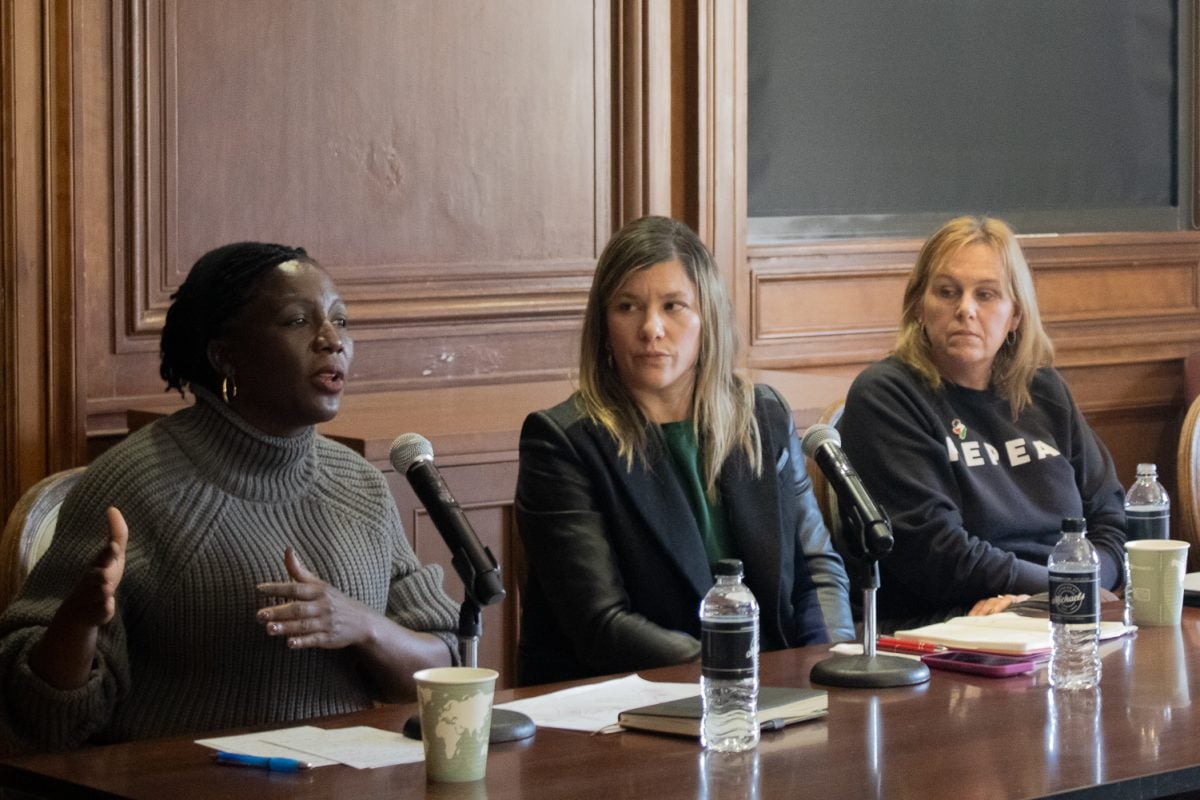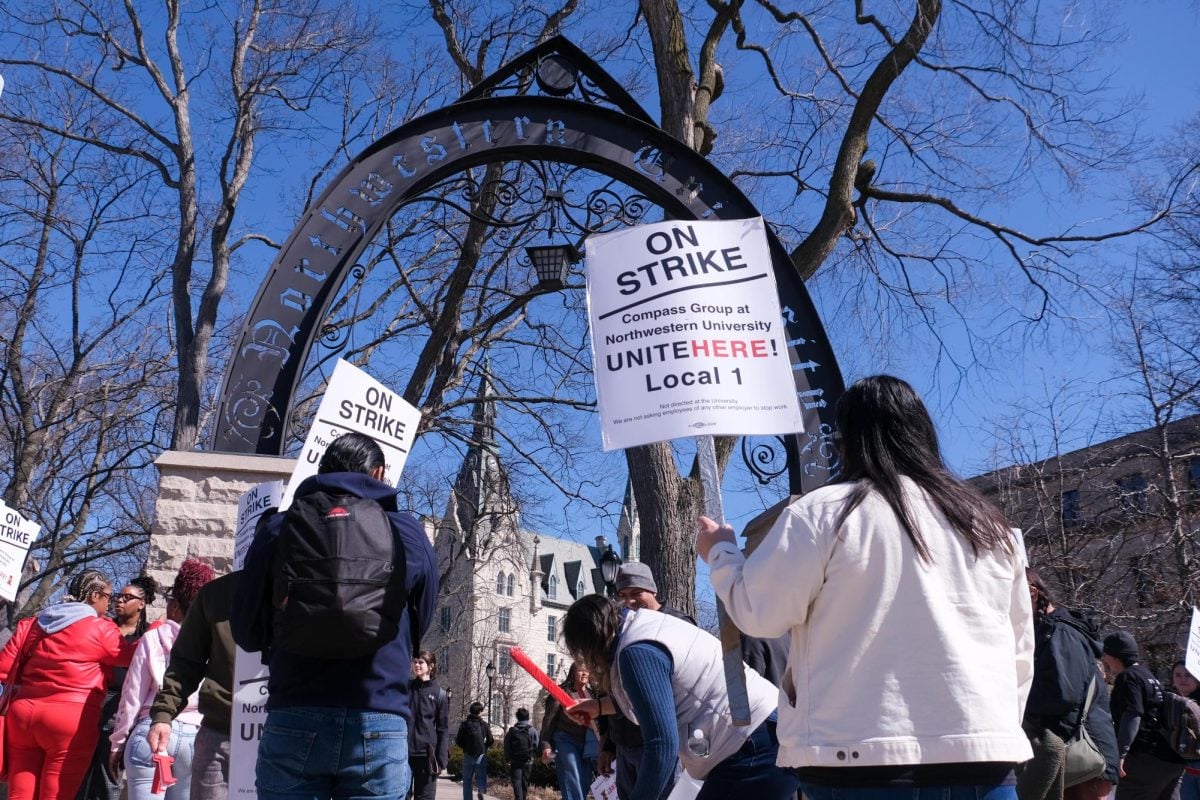Northwestern’s Buffett Institute for Global Affairs highlighted the global trajectory of abortion access at its first fall symposium Friday.
The event, titled “Abortion Access Today: Global Insights & Comparisons,” is part of a broader effort by the institute to host quarterly symposiums on campus.
In her opening remarks, Buffett Institute Director Deborah Cohen celebrated the progress in abortion access worldwide.
Cohen said over 60 countries have currently legalized abortion “on request,” meaning women have the ability to decide whether or not to terminate the pregnancy.
However, she also pointed out that four countries, including the U.S., have already gone back on their abortion laws, which is “one key indicator to the weakening of democracy.” She highlighted the importance of continuing discussions on abortion rights, especially in light of the upcoming U.S. presidential election.
Currently, abortion is the fourth most important voter concern, according to a YouGov Poll conducted by The Economist this year.
Panelist Krystyna Kacpura, president of Polish Foundation for Women and Family Planning kickstarted the panel by arguing that abortion should not be discussed as a political issue, but rather a health issue because it is a matter of “safety.”
For panelist Caitlin Bernard — one of the only two practitioners still performing abortions in Indiana, where there’s a near-blanket ban — her “first choice” would be to have no legal mention of abortion in the U.S. Constitution, she said.
“No law is better than any law,” Bernard said. “Any time frame or exception placed on the procedure is used as a political tool. We need to reshape the way we view abortion as something that is only between you and your physician.”
Yet, Kacpura said the codification of abortion rights is essential to encourage doctors and gynecologists to provide women with the necessary health care “without feeling scared.”
The panelists — some tearing up — stressed the importance of storytelling in abortion access advocacy by recounting experiences of women they have spoken with.
Evelyne Opondo, panelist and director of the International Center for Research on Women in Africa, told the story of a young girl in Kenya who lost her life because of inaccessible abortion care.
“(The girl) had to be transferred to four different facilities to receive treatment after being sexually assaulted on her way to school,” Opondo said. “She was left pregnant and died of internal bleeding and kidney disease.”
Opondo said this was due to the large stigmatization of abortion care within hospitals in Kenya, which led to procedural delays.
Kacpura added that sometimes, the more gruesome stories are the ones that actually change people’s perspectives.
“We must show them (medical doctors and politicians) that they kill women,” she said.
According to a report by Guttmacher Institute, at least 22,800 women die from unsafe abortions each year. For women that survive unsafe abortions, over five million suffer long-term health consequences.
Panelist associate professor of adult and community education at Maynooth University in Ireland Camilla Fitzsimons said she was hesitant to use storytelling when discussing abortion rights.
“I have mixed feelings about stories,” Fitzsimons said. “They have the power of winning the sympathy of undecided voters and show the dangers that exist. But sometimes I worry about the toll on the victims.”
In terms of next steps, Kacpura emphasized that the legalization of abortion in Poland may be highly influenced by the upcoming U.S. election.
“We are standing in solidarity with American women because if the U.S. election fails (to secure abortion rights), then our election will fail,” Kacpura said.
Email: alexiasextou2028@u.northwestern.edu
Related Stories:
— Northwestern hosts panel on women’s rights in Afghanistan
— Pro-choice advocates march through Evanston for reproductive freedom







